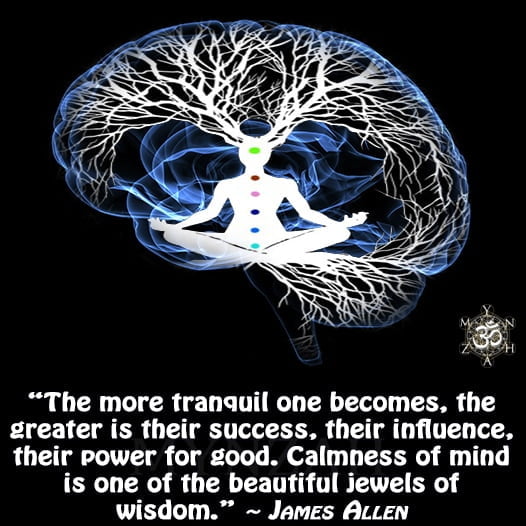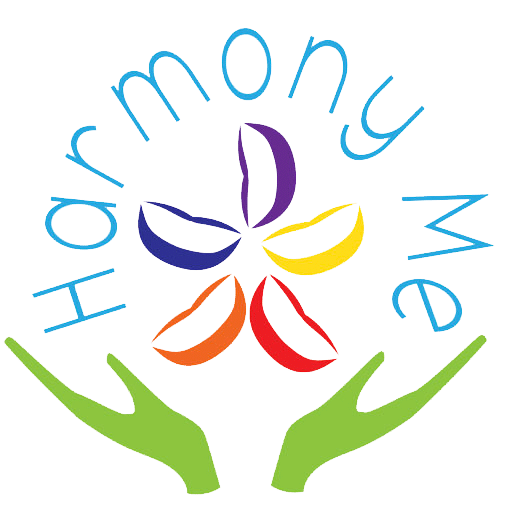Kinesiology
What is
kinesiology?
Kinesiology: The word comes from the Greek “Kinesis” meaning “movement” and “Logia” meaning “study”.
It is the scientific study of human movement, including physiological, biomechanical and psychological movement mechanisms.
Kinesiology was developed in the 1960s by chiropractors in the United States
who incorporated traditional Chinese medicine into their practice.
A natural and holistic method
Kinesiology is a natural holistic method based on Western medical knowledge, mainly chiropractic and ancestral Chinese and Indian energetic medicines.
Kinesiology takes into account the different aspects of our being: physical, psychological, emotional and energetic.
It uses harmonising techniques to achieve a state of balance and general well-being: feeling calm, having confidence in oneself and one’s potential.
The memory
of the body
Kinesiology uses muscle testing (light pressure exerted on the arm) as an instrument of ‘dialogue’ between the practitioner and the client’s body. Muscle testing uses the body’s memory to gather information, identify the origin of stress or discomfort, identify energy blockages and identify specific needs.
The muscle test enables the practitioner to communicate with the body using “biofeedback” to find out which kinesiology process to work with: meridian tracing, sedation or activation of certain acupoints, balancing of energy centres (chakras), use of light or sound, etc.
Kinesiology is a natural therapy in its own right (see the history of kinesiology) and is increasingly used, recognised and practised throughout the world, since it can be integrated into the practices of physiotherapists, osteopaths and naturopaths.
It is a non-invasive method, which means that there is no manipulation of the body, nor penetration by incision or injection.
Kinesiology has since evolved into various branches, thanks to scientists and health practitioners who have and continue to enrich and develop methods with their knowledge and discoveries.
Kinesiology is also often used as a complementary modality to general medicine, psychology, physiotherapy, neurology, orthodontics and other alternative therapies.
Neuro-energetic kinesiology
The neuro-energetic kinesiology I practise is the branch of kinesiology developed by Hugo Tobar (see the history of kinesiology).
This method uses all the basic techniques of kinesiology, developed in particular by Charles Krebbs, as well as a wide range of complementary forms of energy work based on interdisciplinary findings from the departments of physiology, psychology and neurology.
Charles Krebbs
the most advanced method
Neuro-energetic kinesiology is thus described as the most advanced method concerning the brain. Neuro-emotional research shows that emotions follow fixed neurological pathways, that our brain controls our body, and that psychology must be taken into account when treating people at a given time and in a given context.
Most healthcare systems focus solely on one aspect of the body, forgetting the different systems involved and their interdependencies. The result is an unbalanced or one-sided view of health or illness.
Neuro-energetic kinesiology – thanks to muscle testing – considers the body, its functions and its interactions as a whole.
Muscle testing eliminates the need to look for a diagnosis and provides a specific response to the particular need of the symptom, making the corrections highly effective and each session unique.
In neuro-energetic kinesiology, the practitioner and the client communicate and collaborate with each other to achieve a healing goal.
The client is always invited to ask questions, as it is important for them to understand that the practitioner is their guide whose aim is to support and guide them towards self-healing.

Why is kinesiology
so effective?
Neuro-energetic kinesiology brings real and tangible results
to relieve many conditions:
Sick Headache
Pain
Insomnia
Anxiety / Stress
Tinnitus
Addictions
Burn Out
Phobias
Learning difficulties
Constipation Haemorrhoids
Covid
Porosities of the intestine
There are contraindications to a kinesiology session and you should advise and cancel your appointment and consult a GP in the event of : Fever, Acute pain, Nausea Vomiting Diarrhoea Infections or infectious diseases, Inflammation
